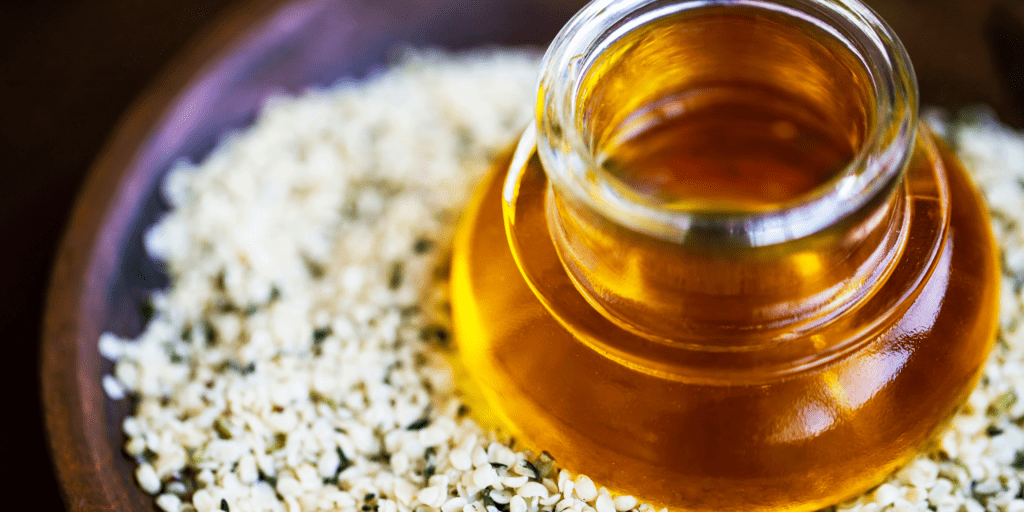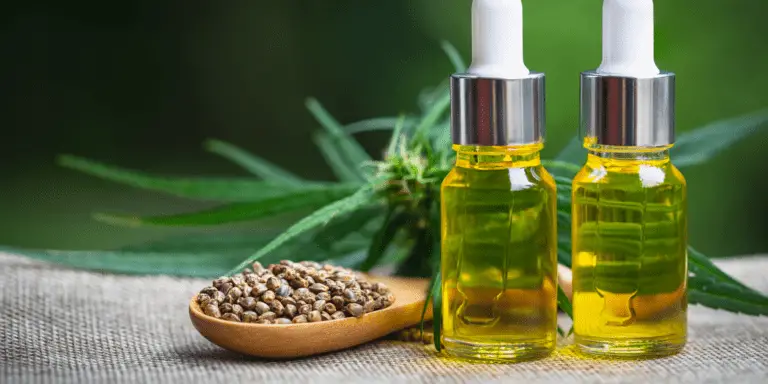
In recent years, hemp oil has surged in popularity as a natural remedy for a variety of health conditions. From skincare to pain relief, its applications seem almost endless. But today, we’re zeroing in on a particularly compelling benefit—hemp oil for heart health. As heart disease continues to be a leading cause of death worldwide, it’s crucial to explore all avenues for prevention and treatment.
What is Hemp Oil?
The Extraction Process
Hemp oil is derived from the seeds of the hemp plant through a method known as cold-pressing. This process is similar to how olive oil is made and ensures that the beneficial compounds in the oil remain intact.
| Method | Temperature | Compounds Retained |
|---|---|---|
| Cold-pressing | Low | High |
| Heat extraction | High | Low |
Hemp vs. Cannabis: What’s the Difference?
Though often used interchangeably, hemp and cannabis are not the same. Both belong to the Cannabis sativa L family but differ significantly in their chemical compositions.
- Hemp: Primarily used for industrial and medicinal purposes. Contains less than 0.3% THC.
- Cannabis: Known for its psychoactive effects. Contains up to 28% THC.
THC Levels: The Key Differentiator
One of the most notable differences between hemp and cannabis is the level of tetrahydrocannabinol (THC), the compound responsible for the “high” associated with cannabis. While cannabis can have THC levels as high as 28%, hemp plants are legally required to have less than 0.3% THC. This ensures that products derived from hemp, like hemp oil, won’t have psychoactive effects.
The Science Behind Hemp Oil and Heart Health

Polyunsaturated Fatty Acids: The Heart’s Best Friend
When it comes to heart health, polyunsaturated fatty acids (PUFAs) play a pivotal role. These are essential fats that your body can’t produce on its own, meaning you have to get them from your diet. Hemp oil is rich in PUFAs, particularly in the forms of linoleic acid, alpha-linolenic acid, and gamma-linolenic acid.
Types of Fatty Acids in Hemp Oil
- Linoleic Acid (Omega-6)
- Alpha-Linolenic Acid (Omega-3)
- Gamma-Linolenic Acid (Omega-6)
The Omega-6 to Omega-3 Ratio: Striking the Balance
The ratio of omega-6 to omega-3 fatty acids is crucial for heart health. An imbalance can lead to inflammation and other cardiovascular issues. Hemp oil offers an ideal ratio of 3:1, which experts agree is beneficial for human health.
| Fatty Acid Type | Ratio in Hemp Oil |
|---|---|
| Omega-6 | 3 |
| Omega-3 | 1 |
Clinical Data: The Proof is in the Pudding
Several clinical trials and academic research institutions have shown the positive impact of hemp oil on heart health. For instance, a study found that a diet high in linoleic acid significantly reduces total cholesterol and low-density lipoprotein (LDL), or “bad” cholesterol.
Benefits of Hemp Oil for Heart Health
Lowering Blood Pressure
One of the most compelling benefits of hemp oil is its ability to lower blood pressure. Omega-3 fatty acids in hemp seed oil have been shown to help reduce hypertension, making it a natural alternative to blood pressure medications for some individuals.
Reducing Cholesterol Levels
Hemp oil is rich in linoleic acid, which has been shown to significantly reduce levels of bad cholesterol (LDL) and increase good cholesterol (HDL). Lowering cholesterol levels is directly linked to a reduced risk of heart disease.
Anti-Inflammatory Properties
Inflammation is often a precursor to various heart conditions. The gamma-linolenic acid (GLA) present in hemp seed oil has anti-inflammatory properties. A review of studies suggests that natural herbs rich in GLA, like hemp oil, are effective in relieving symptoms of inflammatory conditions.
🌿 Curious about hemp’s role in reducing inflammation? Dive into our detailed guide: Unpacking Hemp Oil’s Anti-Inflammatory Benefits.
How to Use Hemp Oil for Heart Health

When it comes to using hemp oil for heart health, there are several methods of consumption and things to consider regarding dosage. Here’s a guide to help you get started:
Methods of Consumption
- Oral Intake: The most straightforward method is to consume hemp oil directly. You can take it by the spoonful or mix it into foods like salads and smoothies.
- Capsules: Hemp oil capsules are available for those who prefer a more measured and convenient form.
Recommended Dosage
The dosage of hemp oil can vary depending on individual health conditions and the advice of a healthcare provider. However, a general guideline is:
- For General Health: 1 to 2 tablespoons per day
- For Chronic Conditions: Up to 1 tablespoon per meal, three times a day
| Condition | Dosage |
|---|---|
| General Health | 1-2 tbsp/day |
| Chronic Conditions | Up to 1 tbsp/meal |
While preliminary studies are promising, more research is needed to determine the long-term effects and optimal dosages of hemp oil in treating heart health issues.
Risks and Precautions
Low Blood Pressure Risks
While hemp oil has been praised for its ability to lower high blood pressure, it’s essential to note that it can also lower blood pressure too much in people who already have low blood pressure. This could lead to dizziness, fainting, and other complications.
Food and Drug Administration Guidelines
As of now, the Food and Drug Administration (FDA) does not provide a recommended daily allowance (RDA) for hemp seed oil. This means that while hemp oil is generally considered safe, it’s not officially regulated by health authorities.
Consult Your Doctor: Given the potential risks and lack of FDA regulation, it’s crucial to consult your healthcare provider before incorporating hemp oil into your routine, especially if you’re taking other medications or have pre-existing health conditions.
Other Health Benefits of Hemp Oil
Hemp oil isn’t just good for your heart; it’s a powerhouse of health and wellness benefits. From improving skin conditions like eczema and acne to offering natural pain relief, hemp oil is a versatile addition to your health regimen.
- Skin Conditions: Effective for eczema, acne, and psoriasis.
- Pain Relief: Acts as a natural analgesic.
- Mental Health: May help alleviate symptoms of anxiety and depression.
From boosting heart health to offering natural pain relief, hemp seed oil is a multi-faceted elixir. Discover its full potential in our comprehensive guide: Unveiling the Health Wonders of Hemp Seed Oil.
Conclusion
We’ve covered a lot of ground in this article, from the science behind hemp oil for heart health to its other wellness benefits and necessary precautions. Hemp oil offers a natural avenue for improving heart health, lowering blood pressure, and reducing cholesterol levels. However, it’s essential to use these products responsibly and consult a healthcare provider for personalized advice.





